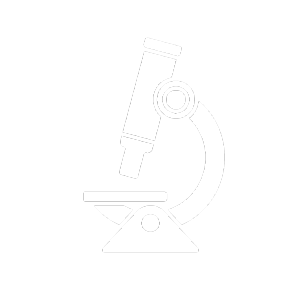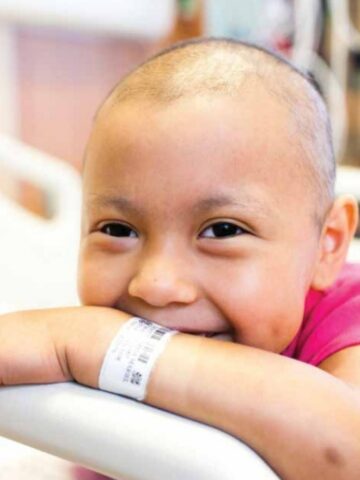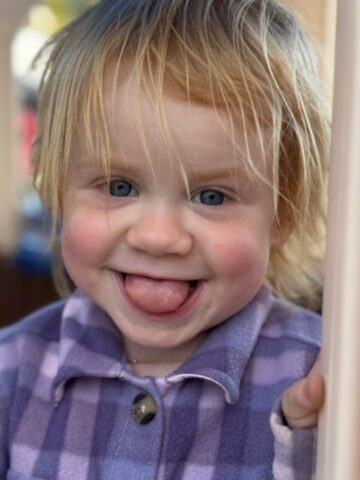Rady Children’s Chief Scientific Officer Dr. Terence Sanger’s lab at UC Irvine has been awarded $2.8 million from the Raynor Cerebellum Project to fund deep brain stimulation (DBS) research for movement disorders that originate in the brain.
Dr. Sanger, also a tenured faculty member and vice chair for research in the department of pediatrics at UCI, said much of the research will be done at Rady Children’s.
“I think for the Research Institute, this is a big deal,” Dr. Sanger said. “We are one of the top nine centers in the country doing cutting-edge cerebellum research.”
DBS is a surgical treatment for uncontrolled movements. It involves placing electrodes in the brain and wires that connect to a stimulator device implanted in the chest. The device is like a pacemaker; it sends impulses to the electrodes that tell the brain to stop or minimize uncontrolled movements throughout the body.
The gift from the Raynor Cerebellum Project is for five years, with the goal of having a new device ready that will incorporate AI and machine learning to correct abnormal brain activity coming from the cerebellum, Dr. Sanger said.
“There’s a lot of math behind it,” he explained. “A lot of what goes wrong in dystonia are these abnormal ‘bursts’ happening around the brain that are similar to epilepsy.
“Our goal is to develop a device that detects these bursts and literally puts the fire out by using electrical stimulation – we see the bursts, we stomp them out. So, between the bursts, you let the brain continue doing what it’s doing but you stomp out each burst as it starts.”
The Raynor Cerebellum Project Institute, based in Fort Worth, Texas, brings together top teams from across the field of cerebellar research and tasks them with the shared goal of forming a closed-loop, AI-directed neuromodulation approach through either DBS or non-invasive approaches.
While each team pursues their individual project goals, they also have all agreed to collaborate across universities and projects to magnify their output by integrating their data into a foundation AI model that will lead to the next generation of neuromodulation.

Learn about pediatric research and clinical trials at CHOC




